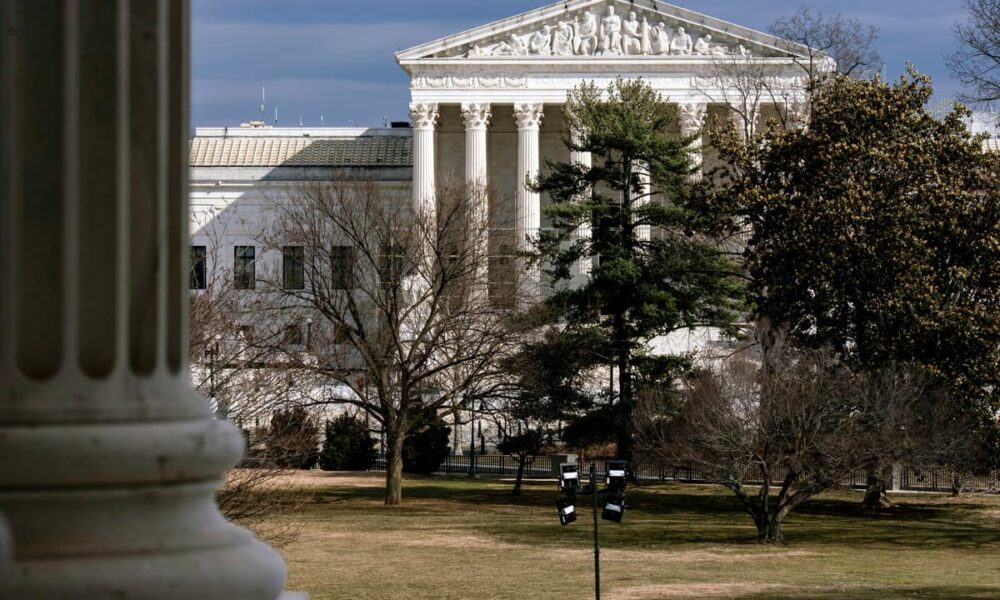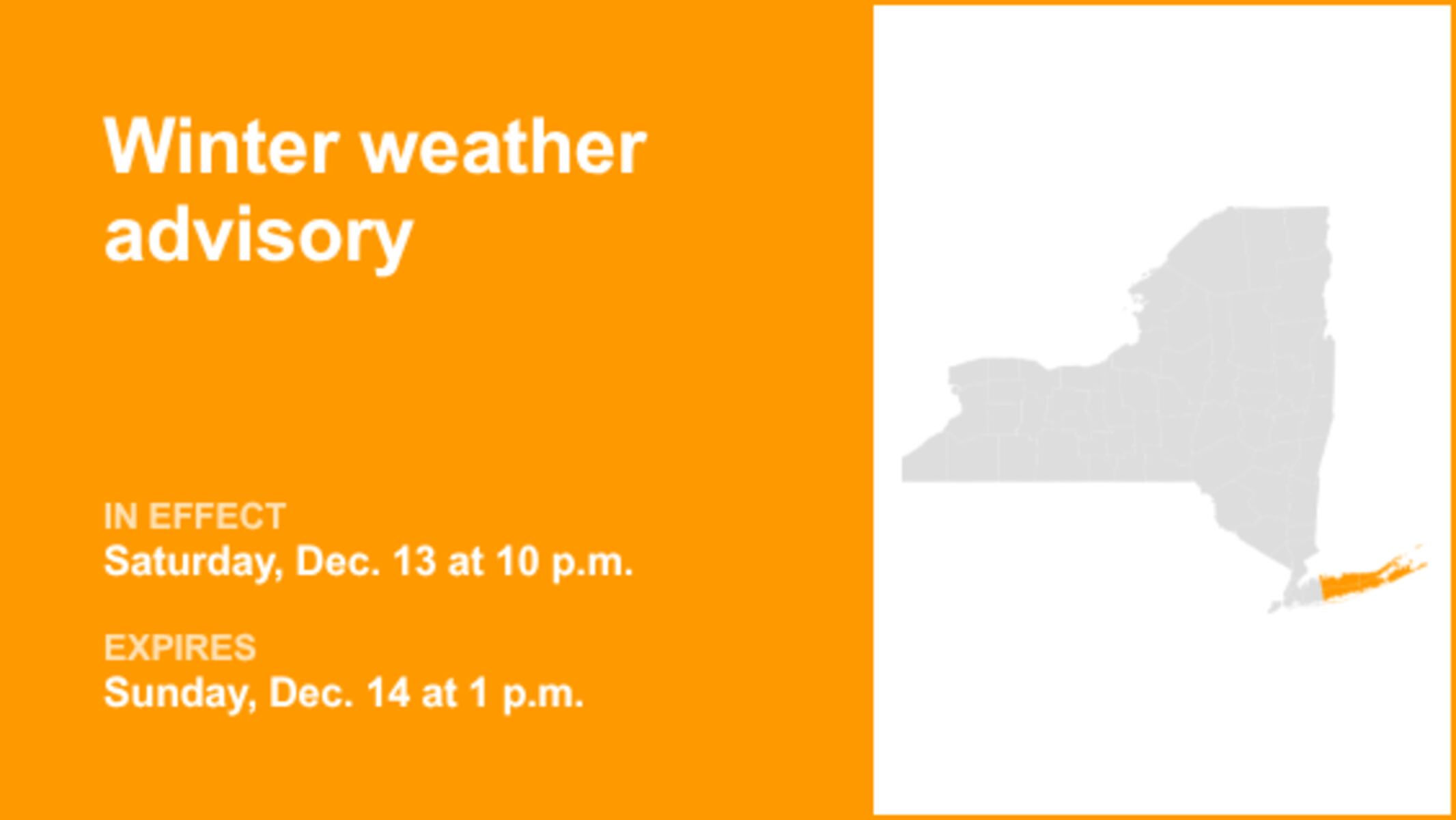UPDATE: A coalition of small businesses has launched a bold challenge against President Trump’s tariffs, presenting their case to the Supreme Court in a gripping David vs. Goliath showdown. The businesses argue that Trump’s tariffs constitute an illegal tax on Americans, a claim that could reshape the economic landscape if the Court sides with them.
In a newly filed brief, the small businesses label Trump’s rationale for his global reciprocal tariffs as a “breathtaking assertion of power.” They assert that taxing Americans is an “odd way to combat foreign threats,” emphasizing the urgency of this case as it heads to the Supreme Court on November 5.
The case hinges on the use of the 1977 International Emergency Economic Powers Act, which the plaintiffs argue has been misapplied by the President. They insist that lawmakers never intended for the Act to authorize such sweeping tariffs, which they claim total a staggering $3 trillion.
“Congress, not the President, decides whether and how much to tax Americans who import goods from abroad,” the brief from a group of Democrat-controlled states states, reinforcing the argument that Trump’s actions overstep constitutional boundaries. The brief asks justices to confirm lower court rulings that deemed the tariffs an overreach of executive power.
The Court of International Trade previously ruled against Trump, stating he lacks “unbounded authority” to impose broad import taxes. This decision was upheld by the United States Court of Appeals for the Federal Circuit, setting the stage for a critical examination of the separation of powers. A ruling against Trump could dismantle key aspects of his economic policy.
Officials from the Trump administration warn that striking down the tariffs could lead to devastating economic repercussions. D. John Sauer, Solicitor General, cautioned that millions of jobs could be lost and the viability of Social Security and Medicare might be jeopardized if tariffs already collected are refunded.
Scott Bessent, Treasury Secretary, added that the substantial sums already collected complicate the Court’s potential ruling against the President. This complex legal battle underscores the stakes involved for both small businesses and the broader American economy.
As arguments approach, the nation watches closely. The implications of this case extend far beyond tariffs; they touch on the very fabric of executive power and its limits. The Supreme Court is set to deliver a verdict that could alter the economic direction of the United States.
Stay tuned for updates as this urgent case unfolds. This could be a defining moment in the ongoing debate over the balance of power in American governance.







